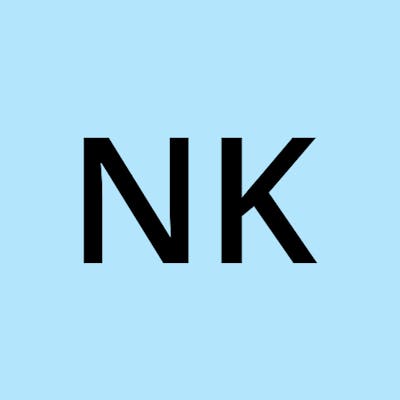Table of contents
No headings in the article.
Choosing a programming language can be a daunting task for any beginner, many beginners give up programming because of picking the wrong language to initially learn. Luckily, this page will help you to decide on just one from a plethora of languages out there, to help you to have a better basic understanding of your choices.
Questions Answered in this blog:
- What makes programming languages different?
- What are the main purposes of each language?
- how to choose your language?
What makes programming languages different?
Programming languages convert language we understand to binary so that computers can execute the tasks given. Each language has a set of unique syntax but most have a commonality in that they're built from C and C++ and have a set of advantages and disadvantages which makes them more suitable for some tasks and not others.
Many of the benefits and limitations of each language are not important to a beginner who doesn't have much understanding of advanced programming concepts like OOP, where the table below will help you to only understand what is essential as a beginner. This includes the uses and how easy it is to learn (resources and time needed) for some of the major languages:
How to choose your programming language?
During the start and even now, I have seen the most improvements in myself when consistently coding each day. This leads me onto that your goals of what you want to do with programming are less important than you think, as your first programming language will certainly not be your last. It is more important for you to choose a language in which you know that you will continue to be able to make as much early progress as possible. This is to set yourself up for success.
Are you someone who struggles to commit to consistently learning a new skill?
From the book "Atomic habits" - "Make it easy" is a useful rule to stick to when choosing your first language. Python would be my top recommendation. Its simple syntax allows you to learn early concepts faster whilst also having a wide range of courses that are easily accessible. In addition, the language is extremely versatile, many companies such as google will allow it to be used in their coding interviews if you ever wished to become a software engineer one day.
However, for those who like the more hardcore approach, with its strict syntax rules which are closer to low-level languages, C and C++ are also great options. This language is great if you care about the efficiency of your programs and is widely used by many engineers.
Are you someone enrolling in a university doing engineering or starting CS classes?
I would recommend that you search your class syllabus to find if there are languages required by the course, as this will not only give you a head start but will ensure you will be focussing only on one language at a time. For example, as a year 1 Electrical Engineering student at Southampton University, I will be required to learn C in my first year.
If you feel that I have omitted anything in this blog, I would love to hear your suggestions. This is my first time ever writing a blog, extremely nervous but I hope to have given at least some value.



